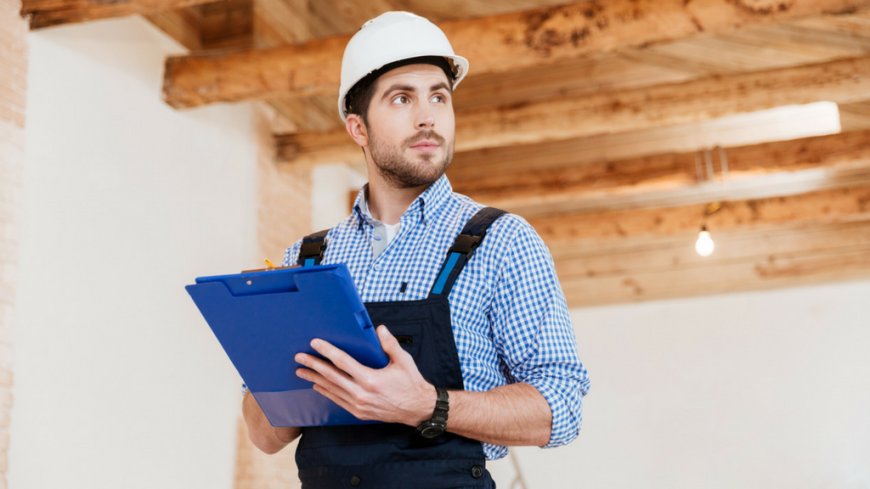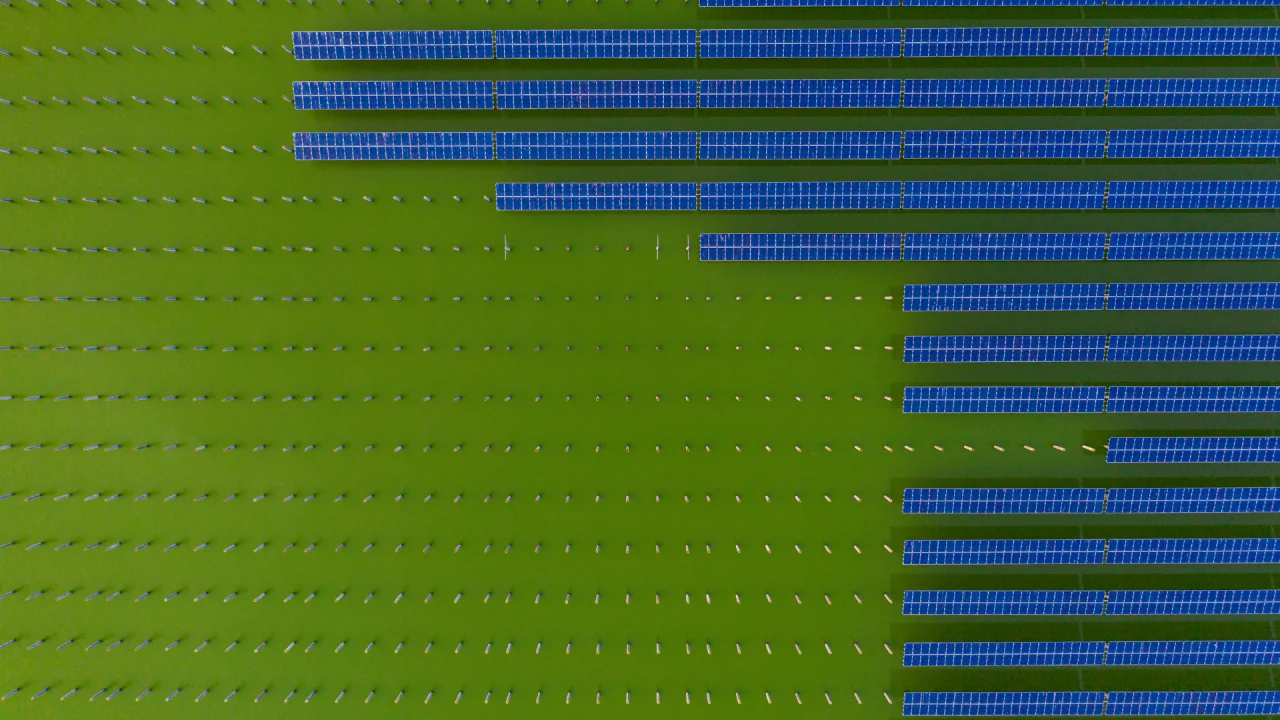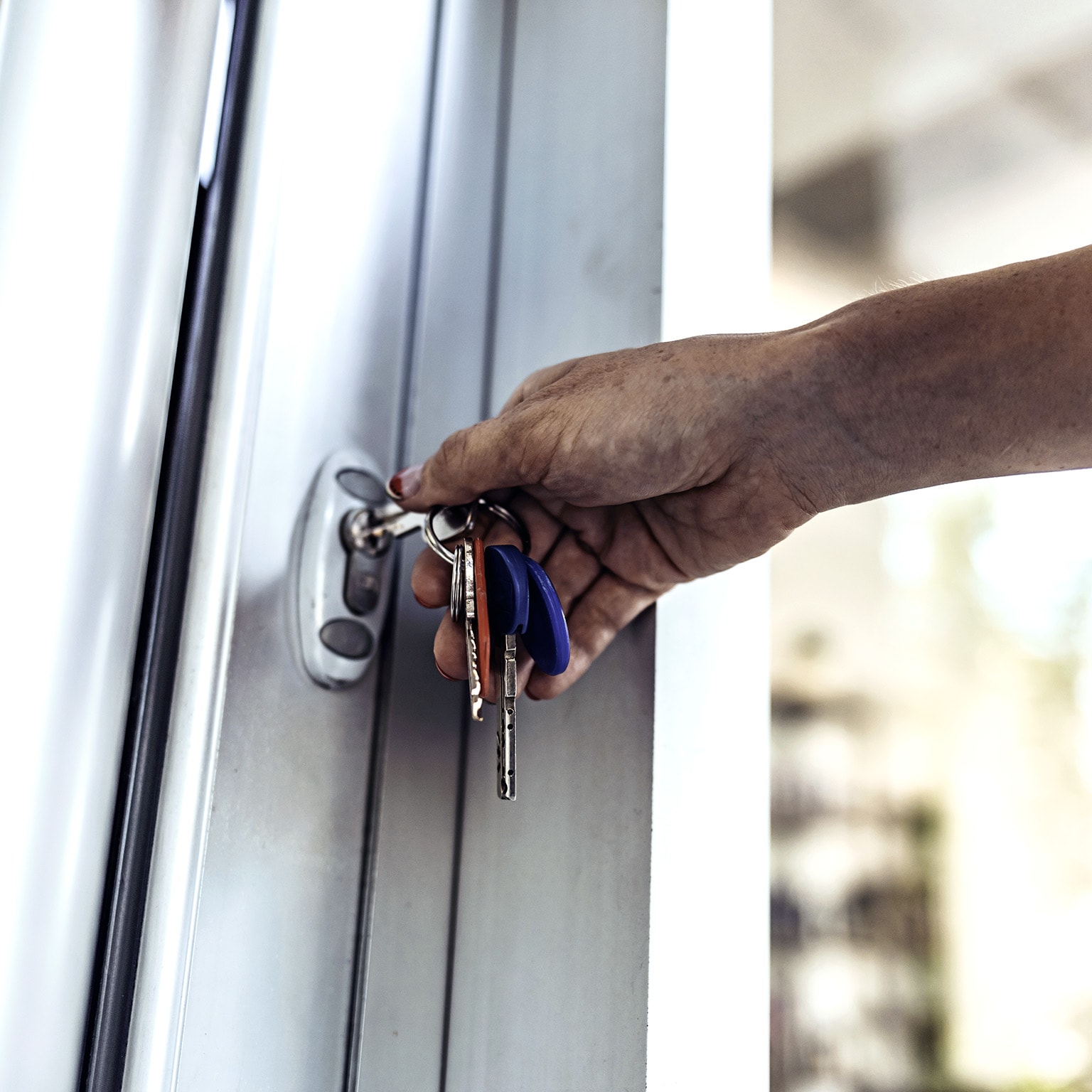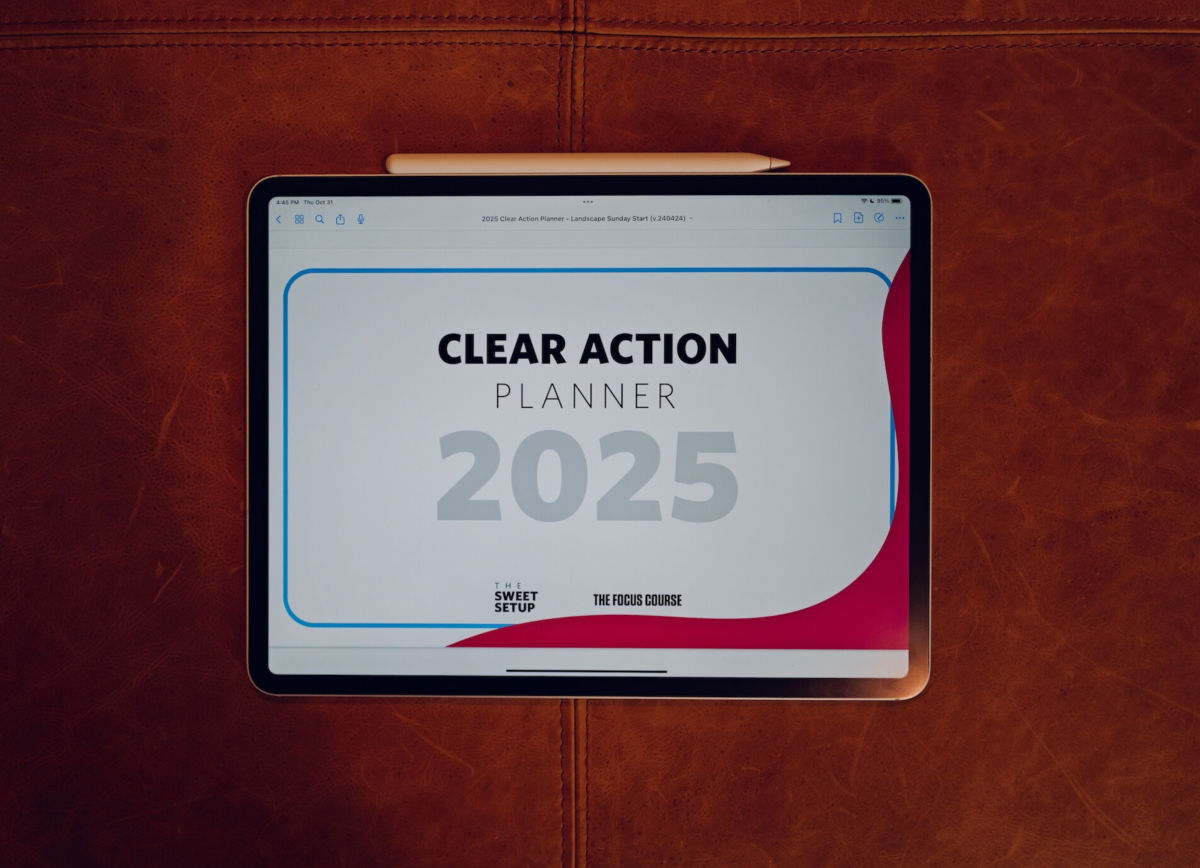Buying a Home in Virginia? Don't Skip These Key Home Inspection Steps
Are you in the market for a new home in the beautiful state of Virginia? Whether you're eyeing a charming colonial in Richmond, a cozy cottage in the Shenandoah Valley, or a modern townhouse in Northern Virginia, one crucial step stands between you and your dream home: the Virginia home inspection. This often-overlooked process can save you from costly surprises and give you invaluable negotiating power.

Are you in the market for a new home in the beautiful state of Virginia? Whether you're eyeing a charming colonial in Richmond, a cozy cottage in the Shenandoah Valley, or a modern townhouse in Northern Virginia, one crucial step stands between you and your dream home: the Virginia home inspection. This often-overlooked process can save you from costly surprises and give you invaluable negotiating power.
As someone who has helped many homebuyers navigate this process, understanding what to expect during a home inspection in Virginia is essential. Let's dive into everything you need to know to protect your investment and ensure you make an informed decision.
Why Home Inspections Matter in the Virginia Housing Market
Virginia's housing market has unique characteristics. From historic homes dating back centuries to new construction springing up in rapidly growing urban centers, each property presents different inspection challenges.
A thorough Virginia home inspection typically costs between $300 and $600, depending on the home's size and age, but this investment can potentially save you thousands in unexpected repairs. Think of it as an insurance policy against buying a money pit disguised as your dream home.
Virginia's Climate Considerations
Virginia's diverse climate—from the coastal humidity of Virginia Beach to the mountain air of the Blue Ridge—means homes face different environmental stressors. Your inspector should understand how these regional factors affect homes over time.
The state's hot, humid summers and variable winters can lead to specific issues like moisture problems, foundation shifts, and roof damage that might not be as common in other regions. A knowledgeable inspector will pay special attention to these Virginia-specific concerns.
Historical Home Considerations
If you're inspecting one of Virginia's many historic homes, the inspection takes on additional dimensions. Older homes may have outdated electrical systems, obsolete plumbing materials, or structural issues that developed over decades or centuries.
While these properties offer incredible charm and character, they often come with unique maintenance requirements that should be thoroughly assessed during inspection.
Essential Components of a Comprehensive Virginia Home Inspection
When scheduling your Virginia home inspection, make sure it covers all these critical areas:
Foundation and Structural Elements
The foundation is quite literally what your home stands on, and it is the most critical element of any inspection. In Virginia, different soil types across the state can affect foundations differently.
Your inspector should carefully examine:
-
Signs of settling or shifting
-
Cracks in foundation walls
-
Proper drainage around the foundation
-
Signs of water intrusion in basements or crawl spaces
-
Evidence of termite damage or other wood-destroying insects
Structural issues can be among the most expensive to repair, so pay close attention to this part of your inspection report.
Roof and Exterior Systems
Virginia experiences everything from summer thunderstorms to winter snow, making your roof's condition particularly important. A quality inspector will check:
-
Roof age and remaining lifespan
-
Missing, damaged, or curling shingles
-
Flashing around chimneys and vent pipes
-
Gutter systems and downspouts
-
Siding condition and integrity
Remember that roof replacement can cost $10,000 or more, so it's crucial to know the condition of this major component before purchasing.
Electrical Systems
Electrical problems can pose serious safety hazards and are often expensive to remediate, especially in older homes. Your inspector should verify:
-
Updated electrical panels that meet current code requirements
-
Proper grounding
-
GFCI protection in kitchens, bathrooms, and other required areas
-
Functioning outlets and switches
-
No outdated aluminum wiring or knob-and-tube wiring in older homes
Plumbing Systems
Water damage can be devastating to a home's structure and your wallet. During the inspection, make sure the inspector checks:
-
Water pressure and drainage
-
Visible leaks under sinks and around toilets
-
Water heater age and function
-
Pipe materials (looking for outdated materials like polybutylene that may need replacement)
-
Well and septic systems, if applicable (these often require specialized inspections)
HVAC Systems
Virginia's climate demands efficient heating and cooling systems. Your inspector should:
-
Test both heating and air conditioning
-
Check for proper installation and maintenance
-
Examine ductwork for leaks or damage
-
Verify the appropriate system size for the home
-
Note the age and expected remaining lifespan of the equipment
Beyond the Basics: Specialized Inspections You Might Need
While a standard Virginia home inspection covers the major systems of a home, there are several specialized inspections you might want to consider depending on your property's characteristics:
Radon Testing
Radon is a colorless, odorless radioactive gas that occurs naturally in some soil types. Virginia has varying levels of radon risk depending on the region, and long-term exposure can cause serious health issues. A radon test typically costs $150-$300 but provides valuable peace of mind.
Mold Inspection
Virginia's humidity, particularly in coastal areas, can create ideal conditions for mold growth. If your inspector notes moisture issues or visible mold, a specialized mold inspection might be warranted to identify the type of mold and necessary remediation steps.
Well and Septic Inspections
Rural properties in Virginia often rely on private wells and septic systems rather than municipal services. These systems require specialized knowledge to evaluate properly and are usually not included in standard home inspections.
WDI (Wood Destroying Insect) Inspection
Termites and other wood-destroying insects can cause significant structural damage. Many lenders in Virginia require a termite inspection before approving a mortgage, particularly for FHA or VA loans.
Making the Most of Your Inspection Day
To get maximum value from your home inspection:
-
Be present during the inspection. This allows you to ask questions and gain insights beyond what will appear in the written report.
-
Don't be afraid to ask questions. A good inspector welcomes your curiosity and will take time to explain their findings.
-
Take your photos. Visual documentation can be helpful during repair negotiations with the seller.
-
Wear comfortable clothes and shoes. If you want to see issues firsthand, you might be climbing into attics or crawl spaces.
-
Plan for sufficient time. A thorough inspection of an average-sized home typically takes 2-3 hours.
Using Inspection Results in Your Negotiation Strategy
After receiving your inspection report, you generally have several options:
-
Request repairs: Ask the seller to fix specific issues before closing.
-
Request credits: Instead of repairs, negotiate for monetary credits at closing to handle the work yourself.
-
Renegotiate the purchase price: For significant issues, you might justify a lower price.
-
Walk away: If serious problems are discovered and you have an inspection contingency in your contract, you can typically exit the deal with your earnest money intact.
In competitive markets, aggressive repair requests might put you at a disadvantage if other buyers are willing to take the property as-is. Work with your real estate agent to develop a strategy that protects your interests while keeping the deal viable.
Final Thoughts: Knowledge is Power
A comprehensive home inspection is one of your best tools for making an informed home-buying decision in Virginia. The few hundred dollars you spend on a quality inspection could save you thousands in unexpected repairs.
Even if your dream home passes inspection with flying colors, the detailed information you gain about its systems and structure will help you maintain it properly for years to come. And if serious issues are uncovered, you'll be equipped to decide whether to proceed with the purchase or walk away.
Remember that no home is perfect, even new construction. The goal isn't to find a flawless property but to understand exactly what you're buying and avoid surprises after you've taken ownership.
By investing in a thorough and professional home inspection, you're not just protecting your financial investment—you're ensuring that your new Virginia home will be a safe, comfortable place for you and your family for years to come.









































































































![Building A Digital PR Strategy: 10 Essential Steps for Beginners [With Examples]](https://buzzsumo.com/wp-content/uploads/2023/09/Building-A-Digital-PR-Strategy-10-Essential-Steps-for-Beginners-With-Examples-bblog-masthead.jpg)





























![Senior Support Engineer - US West [IC3] at Sourcegraph](
https://nodesk.co/remote-companies/assets/logos/sourcegraph.f91af2c37bfa65f4a3a16b8d500367636e2a0fa3f05dcdeb13bf95cf6de09046.png
)




















